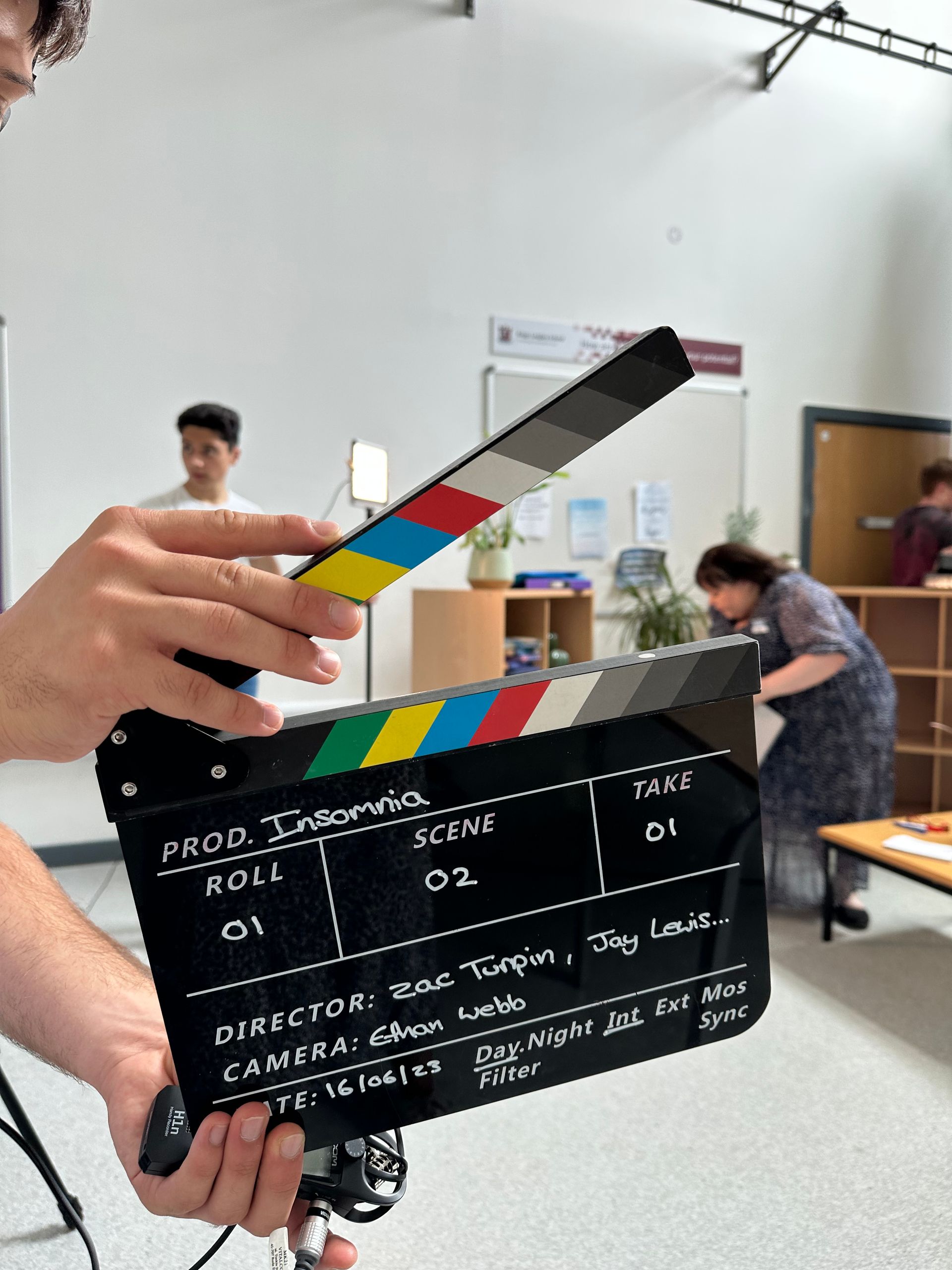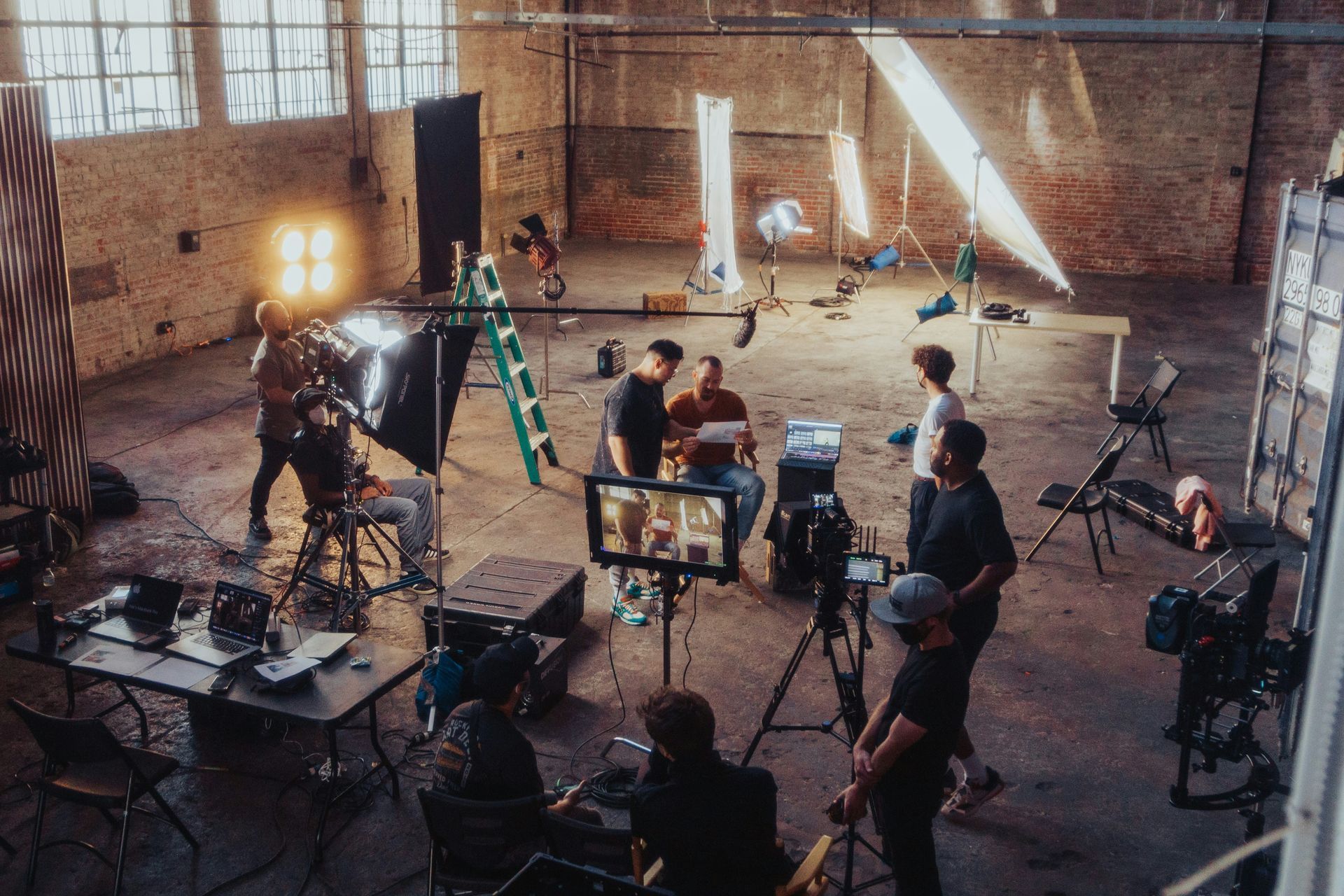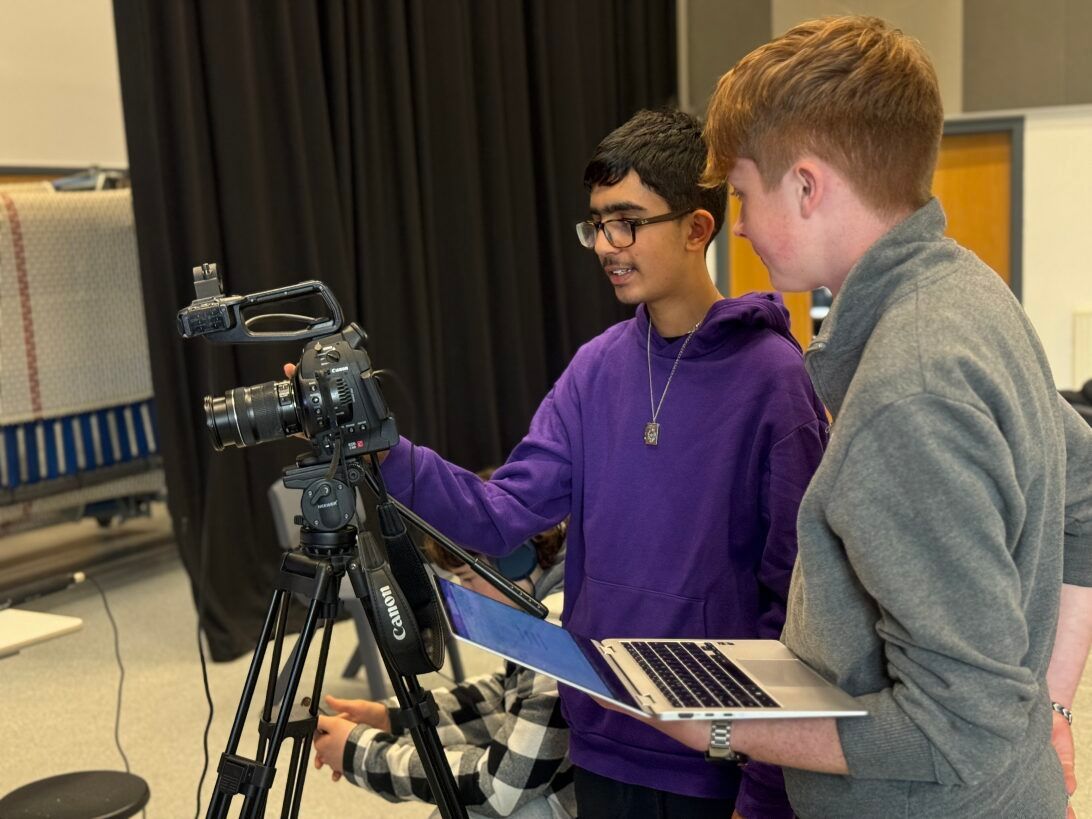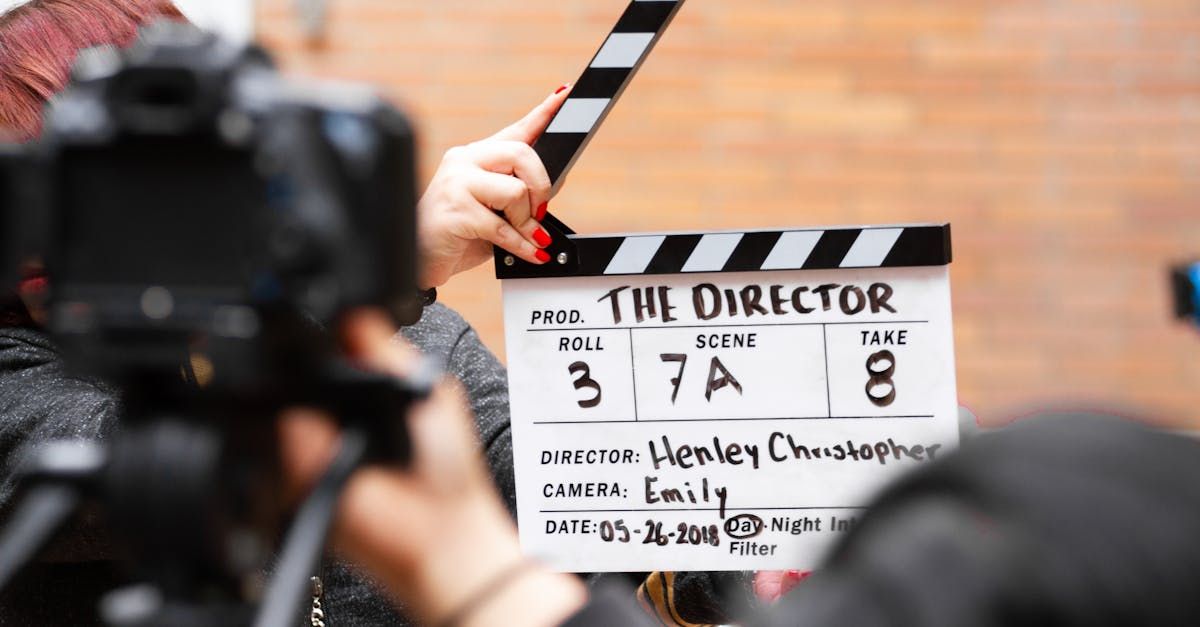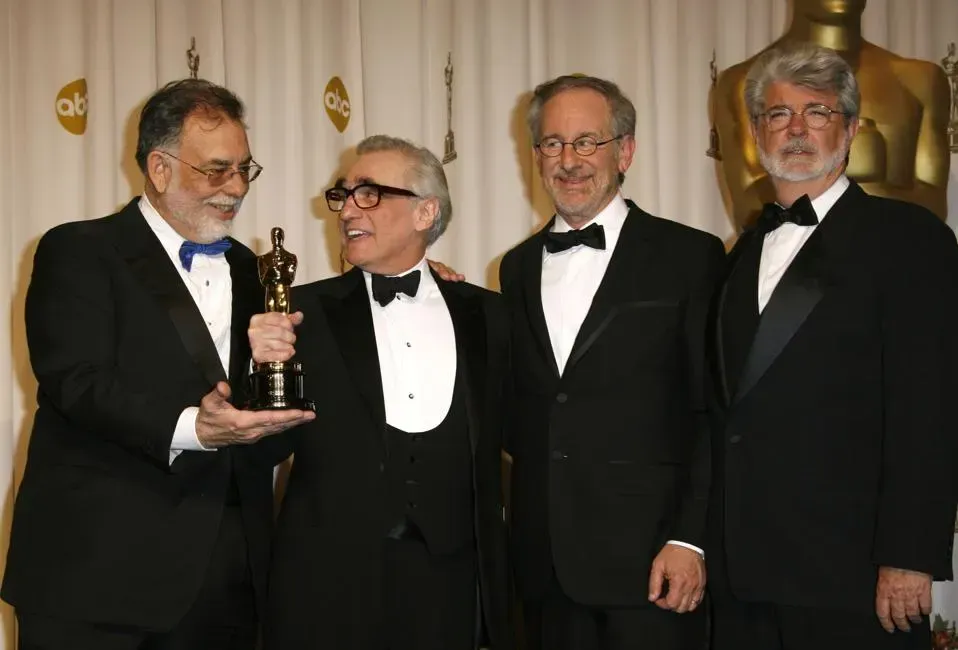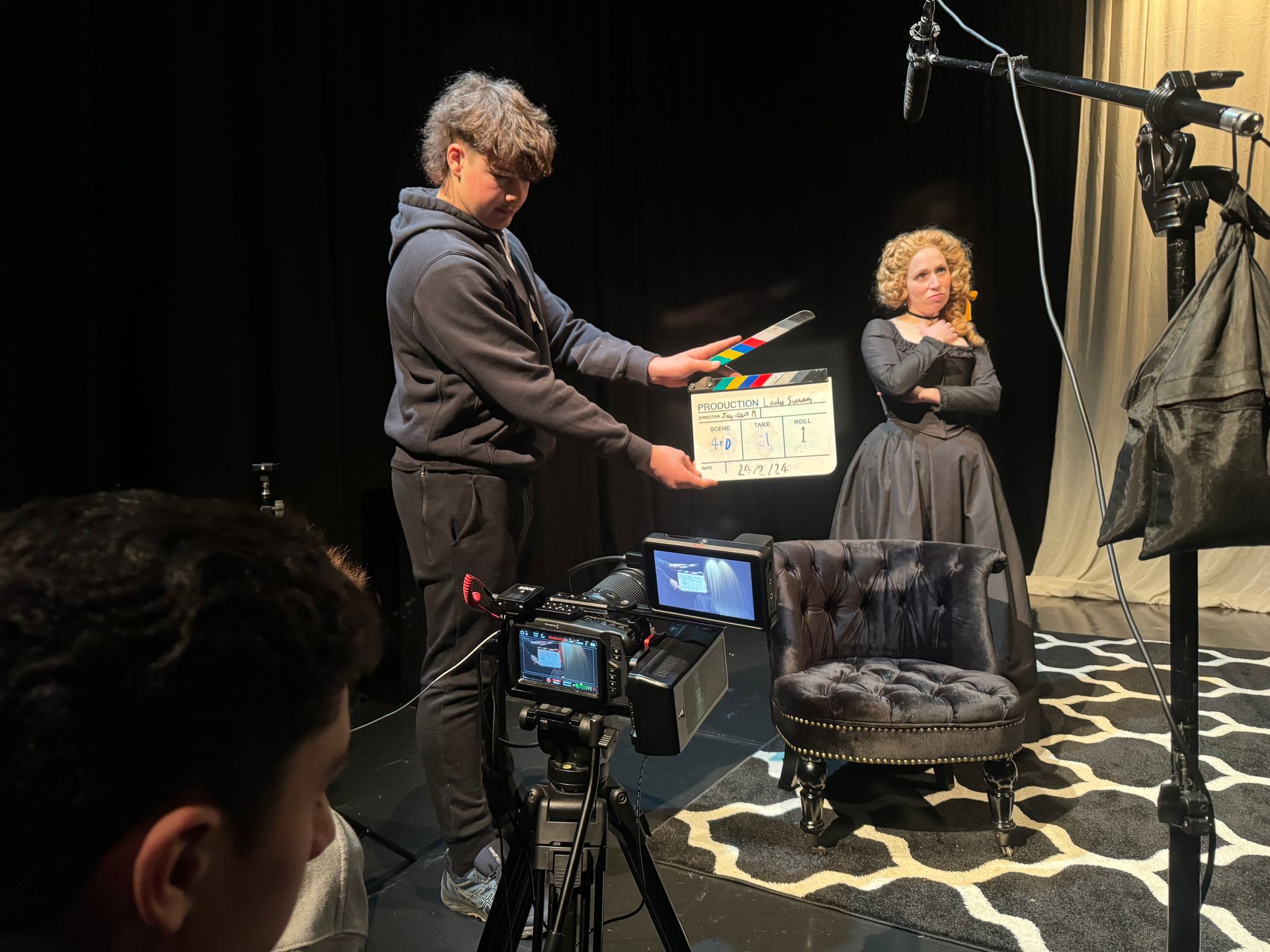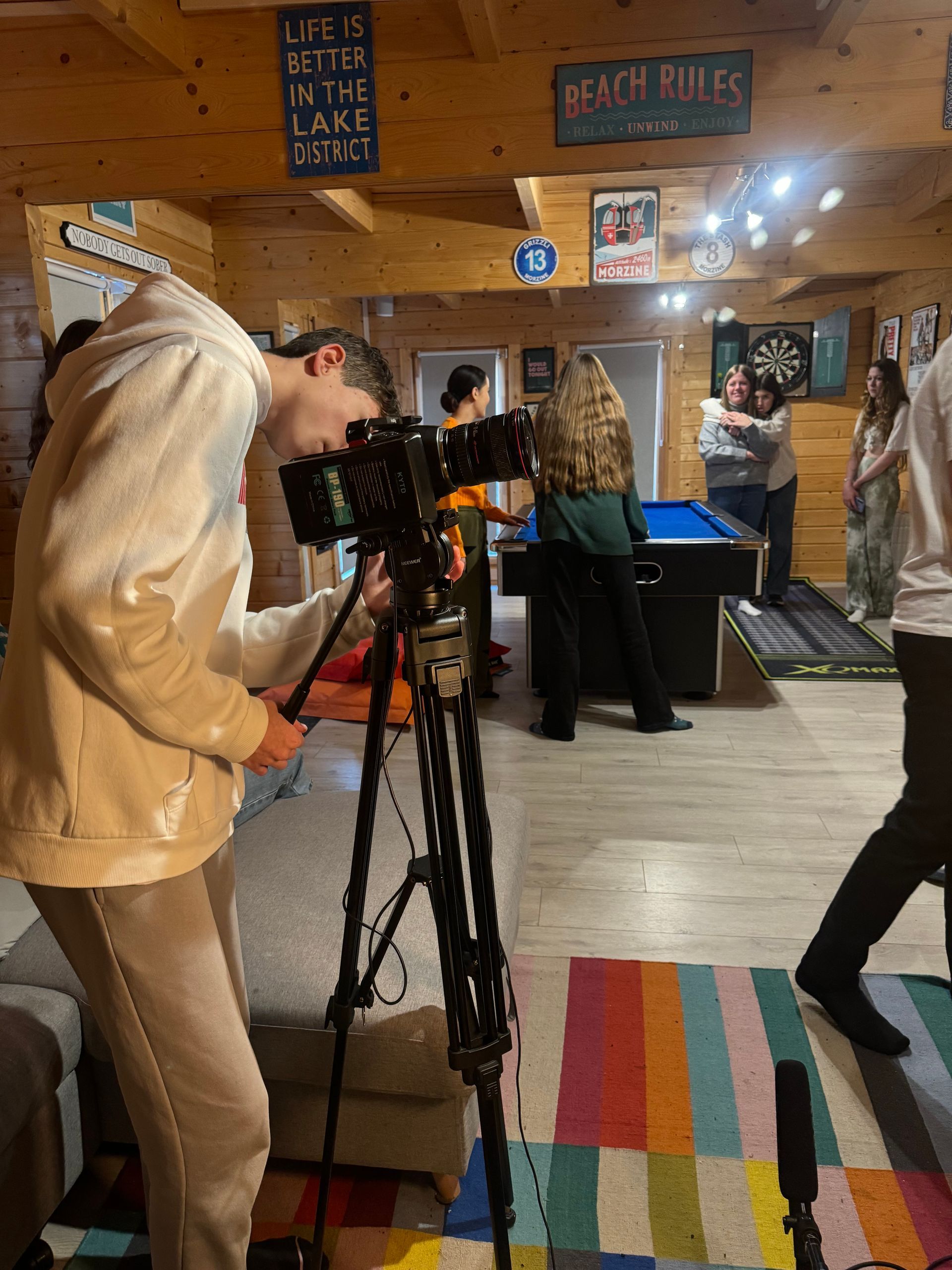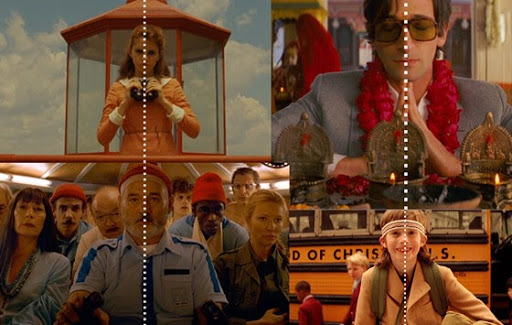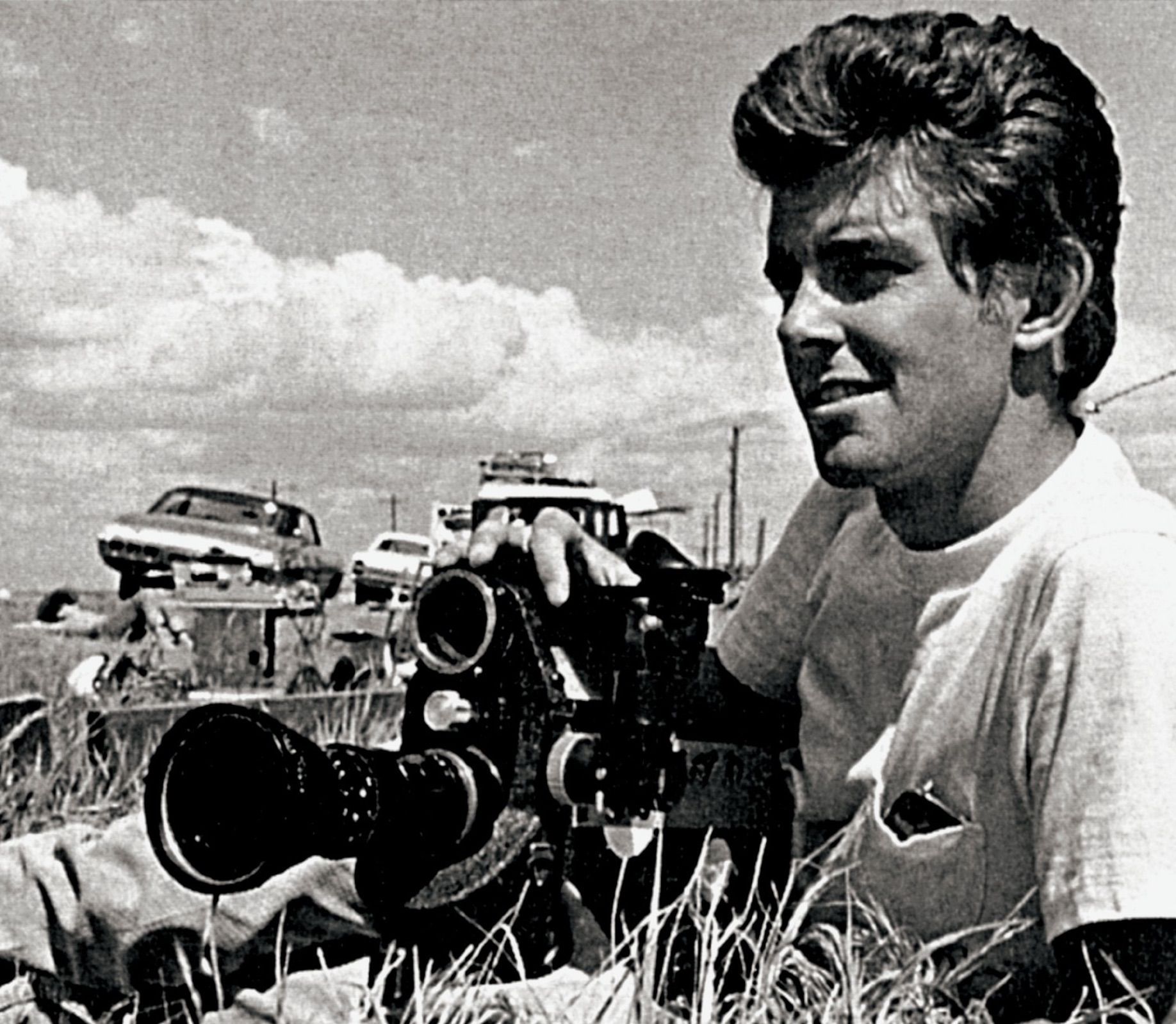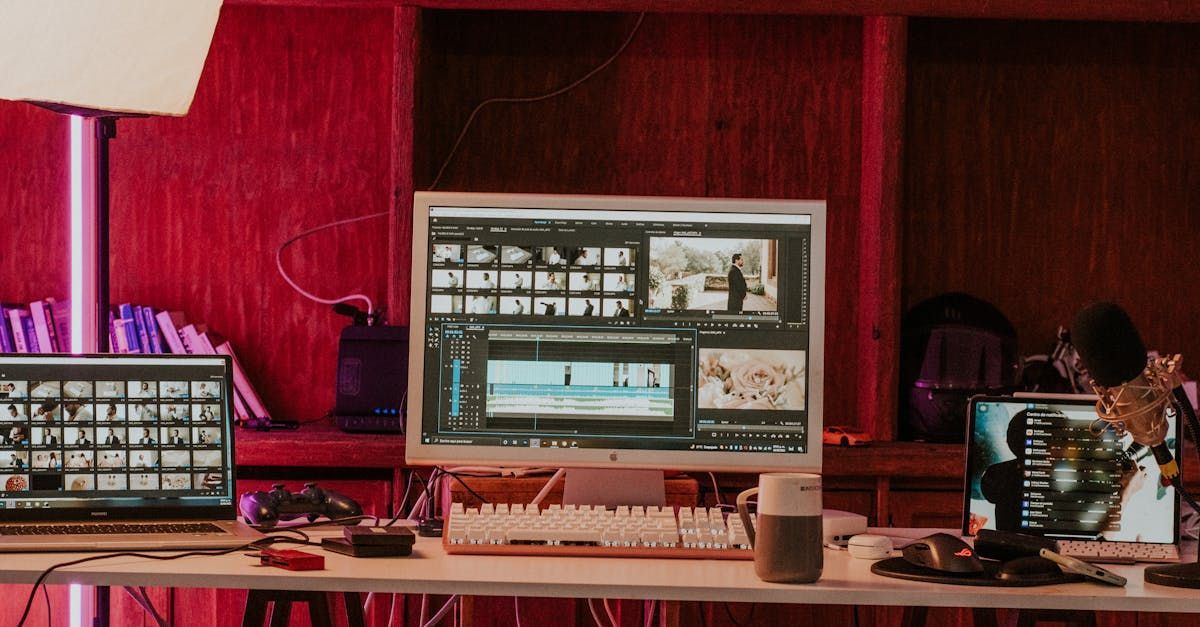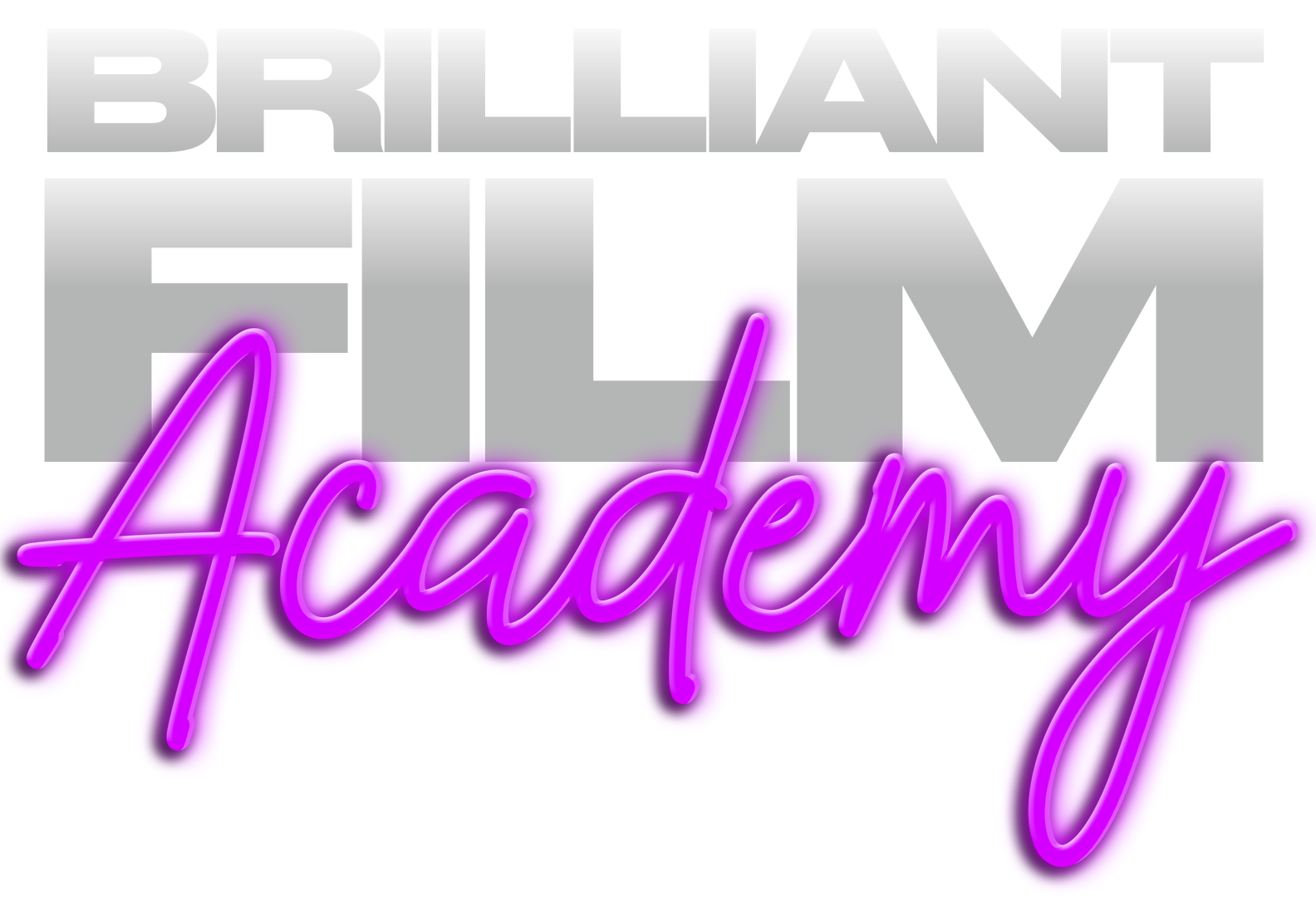Become a Director: Tips from Famous Filmmakers
1. Introduction
2. The Journey to Directing
From Humble Beginnings to Hollywood
Inspiration and Motivation
3. Essential Tips from Famous Filmmakers
Scriptwriting
Casting
Directing Actors
Filming Techniques
Post-Production
4. The Power of Networking and Mentorship
Building a Network
Mentorship
5. The Business Side of Directing
Financial Challenges and Opportunities
Funding Your Project
Managing a Project
6. Recap
7. Film Directing FAQs
What Qualifications Do I Need?
How Do I Get My First Job as a Director?
Can I Become a Director Without a Film Degree?
Ever dreamt of seeing your name in the credits as the director of a blockbuster film? You're not alone. The allure of filmmaking is irresistible, drawing countless aspiring directors toward the glitz and glamour of Hollywood and beyond. But what does it take to become a director? And how can you turn that dream into reality?
In this blog post, we’ll explore the journeys of renowned directors, share essential tips, and provide actionable advice to help you on your path to becoming a successful director. Whether you're an aspiring filmmaker or just curious about the world of directing, this guide is for you.
The Journey Begins
From Humble Beginnings to Hollywood
Becoming a director often starts with a passion for storytelling. Many famous directors began their careers in modest circumstances. Steven Spielberg, for instance, started making short films with his family’s Super 8 camera. Quentin Tarantino, known for his distinctive style, was a video store clerk before he made it big. These stories show that everyone's path is unique but often begins with a deep love for film.
Inspiration and Motivation
The early struggles and successes of these directors serve as powerful inspiration. They remind us that persistence and passion are key. For aspiring filmmakers, it's crucial to keep honing your craft, whether through formal education, workshops, or self-directed projects. Remember, every great director started somewhere, and your journey is just beginning.
Essential Tips from Famous Filmmakers
Scriptwriting
A great film begins with a great script. Directors like Christopher Nolan emphasise the importance of a well-crafted story. Nolan often writes his own scripts, ensuring his vision is clear from the start. Focus on developing strong characters and compelling narratives. Your script is the foundation upon which everything else is built.
Casting
Casting can make or break a film. Renowned directors like Martin Scorsese are known for their exceptional casting choices. Scorsese often collaborates with actors who bring depth and nuance to their roles. When casting, look for actors who not only fit the character but also bring something extra to the role.
Directing Actors
Communication is key when directing actors. Directors like Greta Gerwig are known for their collaborative approach. Gerwig creates a supportive environment, encouraging actors to explore their characters deeply. Effective directing involves giving actors clear guidance while allowing them the freedom to experiment.
Filming Techniques
Every director has their signature style. Wes Anderson is famous for his symmetrical compositions and vibrant colour palettes. Study different filming techniques and find what resonates with you. Experiment with camera angles, lighting, and shot composition to develop your unique visual style.
Post-Production
Editing is where the magic happens. Directors like Alfonso Cuarón are heavily involved in the editing process. Cuarón believes that editing is where the final story takes shape. Work closely with your editor to ensure your vision is realised. Pay attention to pacing, continuity, and the overall flow of the film.
The Power of Networking and Mentorship
Building a Network
In the film industry, who you know can be as important as what you know. Building a strong network opens doors to opportunities and collaborations. Attend film festivals, workshops, and industry events to connect with fellow filmmakers, actors, and producers. Networking is not just about making connections but building relationships that can support your career.
Mentorship
Many successful directors credit their mentors for shaping their careers. For instance, George Lucas was mentored by Francis Ford Coppola. Seek out mentors who can provide guidance, feedback, and support. A mentor can help you navigate the challenges of the industry and provide valuable insights from their experience.
The Business Side of Directing
Financial Challenges and Opportunities
Filmmaking is not just an art; it's also a business. Understanding the financial aspects is crucial. Directors like James Cameron have successfully managed both creative and financial elements of their projects. Learn about budgeting, funding, and financial planning to ensure your film stays on track.
Funding Your Project
Securing funding is one of the biggest challenges for filmmakers. Explore different avenues such as grants, crowdfunding, and investors. Platforms like Kickstarter have helped many filmmakers bring their projects to life. Be prepared to pitch your project effectively, highlighting its unique aspects and potential for success.
Managing a Project
Effective project management is essential for any director. Breaking down the film production into manageable tasks helps keep everything organised. Use tools like production schedules and shot lists to monitor progress. Keeping your team informed and engaged ensures a smooth production process.
Recap and Encouragement
Becoming a director is a rewarding but challenging journey. From scriptwriting and casting to filming and post-production, every step requires dedication and passion. Remember the importance of networking and mentorship, and never underestimate the business side of filmmaking.
Your dream of becoming a director is within reach. Stay persistent, keep learning, and take every opportunity to hone your craft. Share your own experiences and tips with the filmmaking community, and remember, every great director started somewhere.
FAQs About Film Directing
While formal education in film can be beneficial, many successful directors are self-taught. Focus on building a strong portfolio and gaining practical experience.
Start with small projects, such as short films or web series. Submit your work to film festivals and online platforms to gain exposure.
Absolutely. Many renowned directors do not have formal film degrees. Practical experience, a strong portfolio, and networking are often more important.
For those looking to explore further, consider joining Brilliant Film Academy. With courses in scriptwriting, directing, and more, you'll receive hands-on training from industry professionals. Sign up for our free open day workshop in St Albans on 15th September to kickstart your filmmaking journey.
